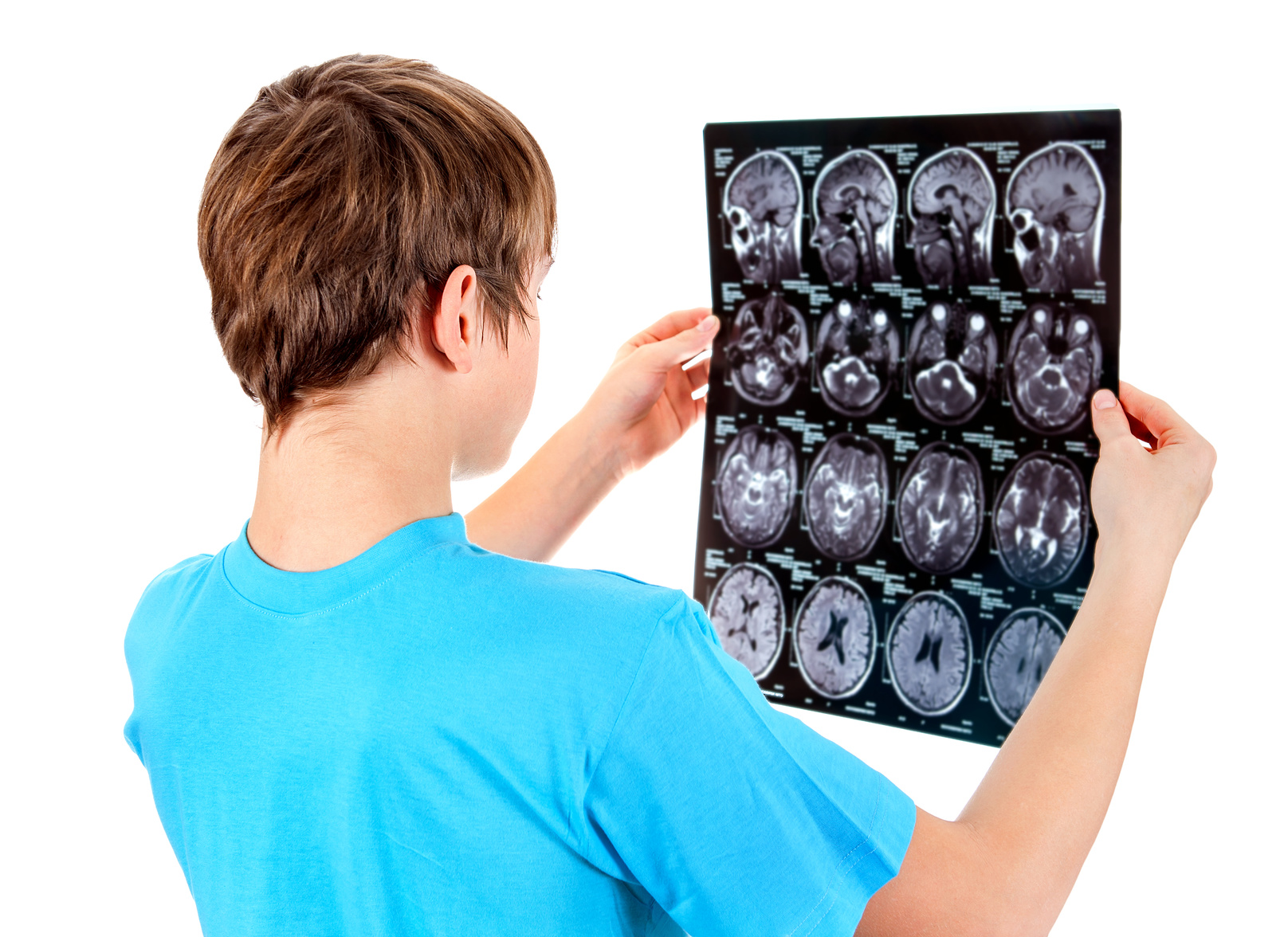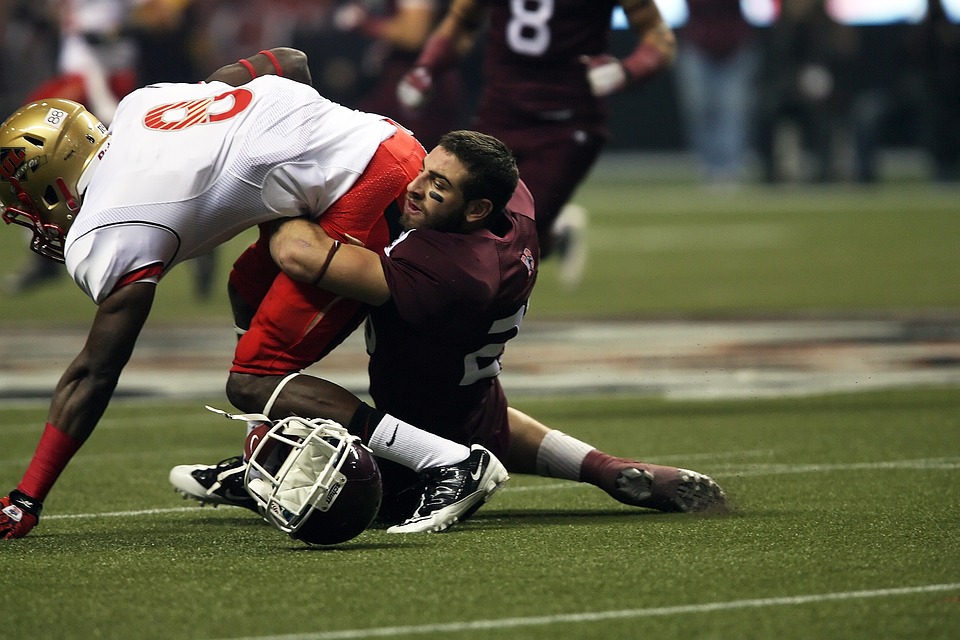
Kid holding x-ray scan on the White Background
How well you take care of yourself after a concussion can affect how quickly you recover from it.
A concussion is a mild traumatic brain injury that is caused by a force directly to the head or indirectly to the neck, chest, or back that transmits to the head through whiplash. This force causes movement of the brain inside the skull which can damage brain cells and result in short or long term damage.
The primary causes of concussions are sports-related injuries or other forms of collision, such as vehicle accidents and falls. After such an injury it is critical to get a thorough examination by a neurologist to pinpoint areas of concern and ensure there is no long term damage. When you go home, there are a few simple things you can do to help your brain recover from this traumatic experience.
Rest
Rest is the biggest factor in concussion treatment because it helps the brain heal. The brain should not be overstimulated or be subjected to excessive movement after the trauma of a concussion. Refrain from normal daily activities such as school and work until your symptoms subside. This step requires patience but will help your recovery overall.
Avoid physically demanding activities
Sports and other physical activities such as heavy house work and exercise should be avoided until symptoms subside. Too much strain can delay your recovery. Avoid significant motion and anything that could jolt or bump your head or body; for example roller coasters, high speed rides, and crowded places.
Ease back into it
Consult your doctor for approval when you feel that you are ready to ease back into school, work, and other daily activities. Depending on how you feel and your doctor’s recommendations, you may want to ask for shortened work days or school days. If symptoms return, stop your activities, take time to rest, and consult with your doctor again. Gradually increase activity as your symptoms improve but remember to monitor how you feel.
Refrain from using electronics
Avoid spending time on the computer, playing video games, texting, or watching too much TV especially in the early stages of your recovery. These activities can overstimulate your brain and cause headaches.
Do one thing at a time
Don’t try to multi-task. Keep things simple and focus on one thing at a time to avoid overstimulating or taxing the brain. For example, don’t read with the TV on.
Take good care of yourself
Getting a good night’s rest and eating healthy are always important, and especially so when recovering from an injury. Be sure to stay hydrated and take good care of yourself in general.
These basic recommendations will help you on the road to recovery but by no means should replace any personalized recovery plan designated by your doctor. Consult with your doctor throughout the recovery process so they can assess your progress and ensure there are no underlying issues related to the concussion.
Cerebrum Health Centers specializes in treating brain injuries. They can work with you to create a personalized plan for concussion treatment and recovery.
***
Linda Halabi is a creative writer who currently writes content on behalf of the neurologists at Cerebrum Health Centers. An avid traveler and culture enthusiast, she loves to fit in adventures whenever possible. When not working, you can find her exploring the outdoors, doing yoga, cooking healthy vegetarian food, and enjoying a glass of wine with friends. Find her on LinkedIn.

